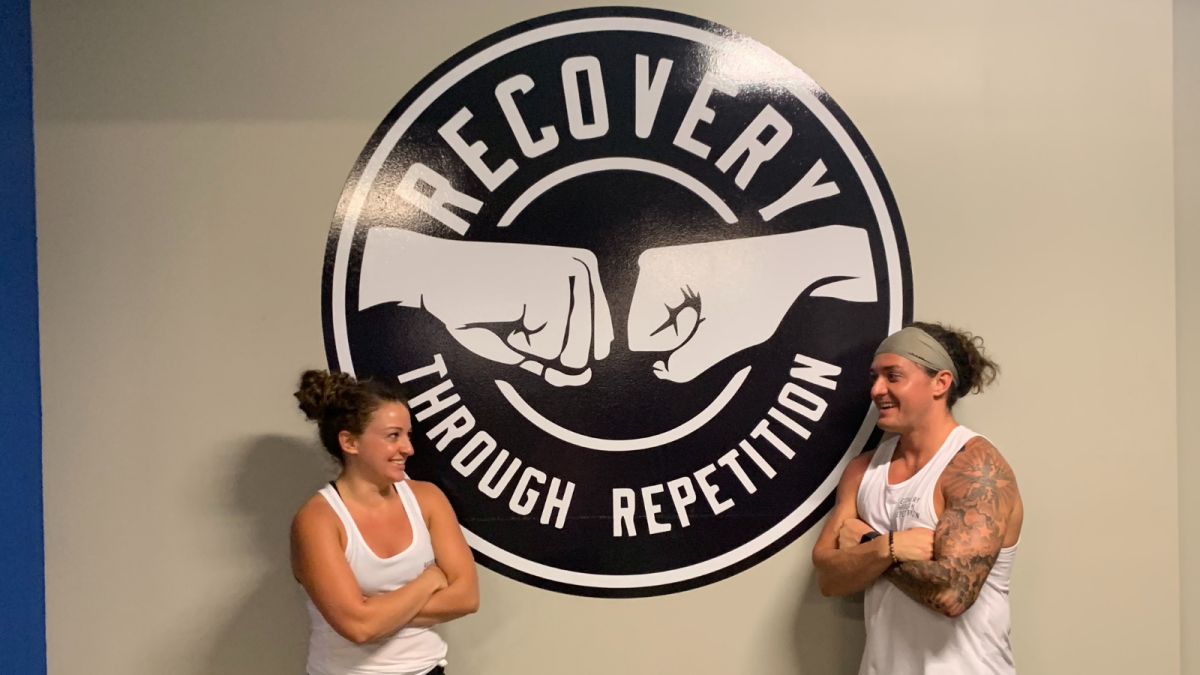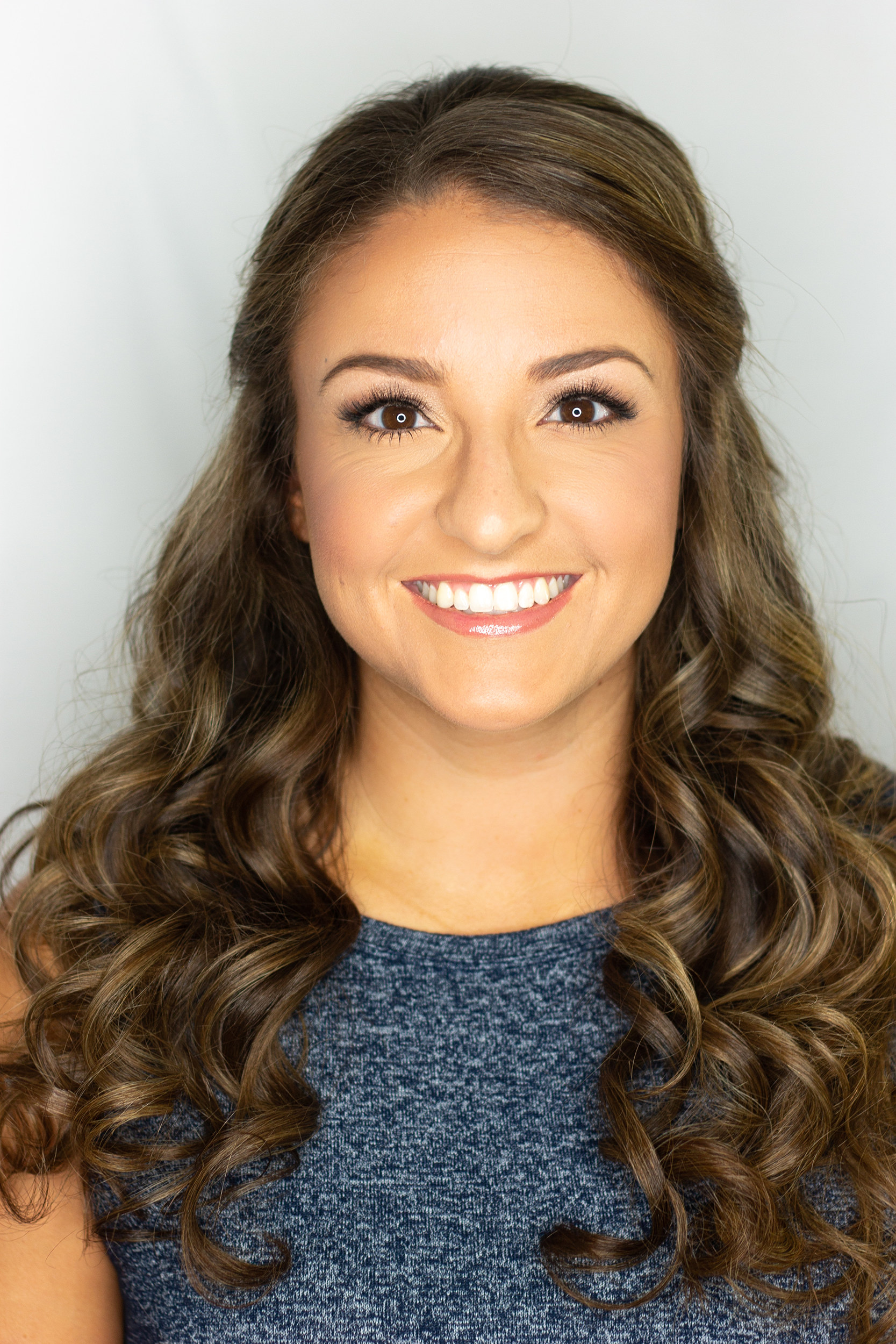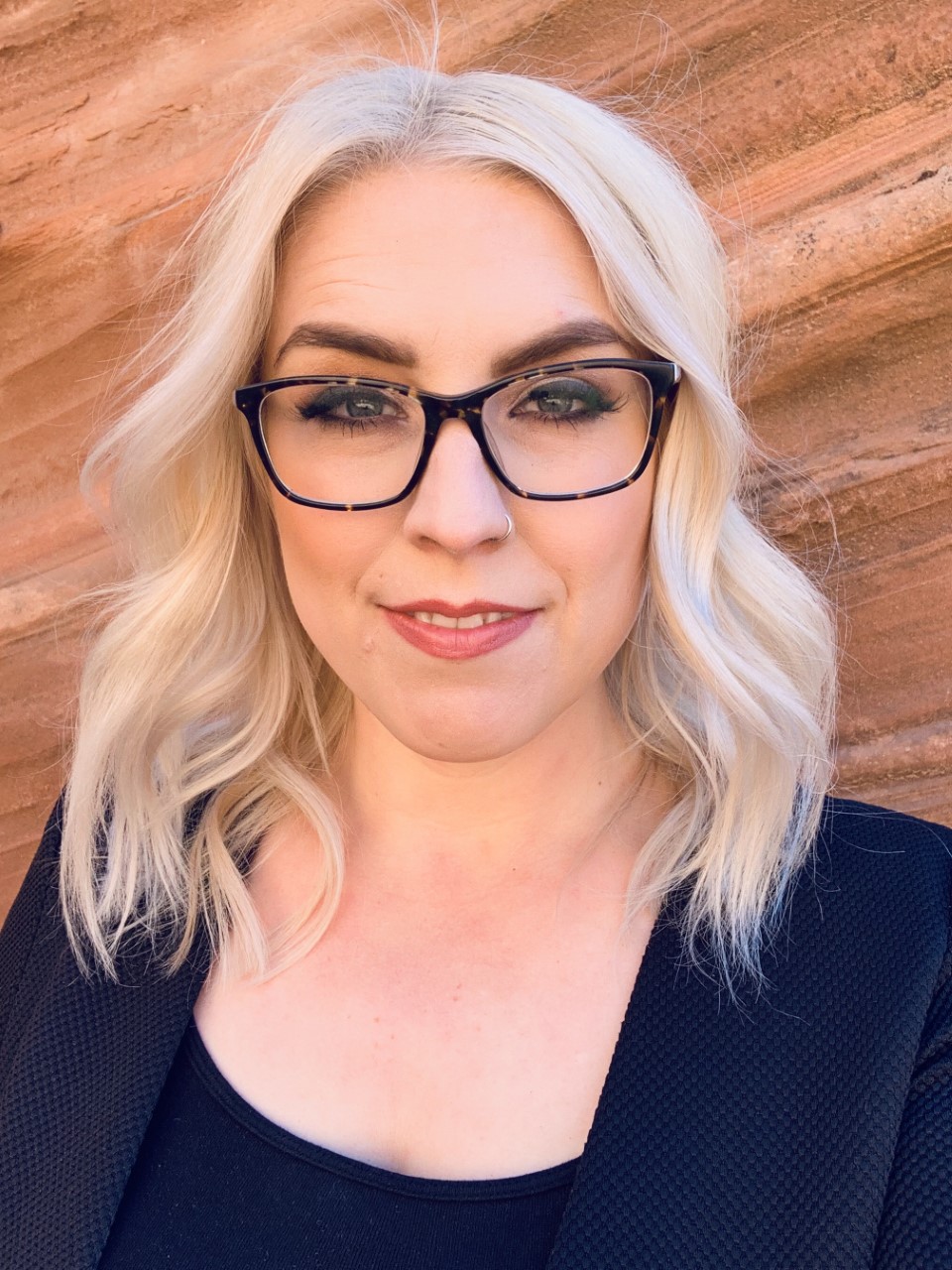New Edson College partnership opens doors for qualitative research around recovery and exercise

Edson College Doctor of Nursing Practice student Hayley Avino (left) and her brother, Jeremy Plummer, inside his Florida-based group fitness center. Avino is leading the first project as part of a new partnership.
Editor’s note: This story was written in collaboration with The Hope House.
Arizona State University’s Edson College of Nursing and Health Innovation has entered into a five-year partnership with The Hope House, an addiction rehab center in Scottsdale, Arizona, to expand treatment services while providing high-quality research opportunities for graduate students.
The partnership will give students enrolled in the advanced nursing practice track of the Doctor of Nursing Practice (DNP) program at Edson College the ability to work alongside clinicians at The Hope House and conduct research on a variety of addiction treatments.
To begin, two doctoral nursing students, Hayley Avino and Courtney Routson, will spend the fall 2020 semester providing mindfulness, physical exercise and healthy living classes to The Hope House patients three times a week.
These sessions will expand on the dual diagnosis program currently in place at The Hope House, intended to help patients deal with mental health problems alongside addiction.
Avino and Routson call their program The DREAMER Project: Defying Relapse through Exercise and Mindfulness to Extend Recovery.
Prior research has shown that exercise and mindfulness practices are likely to positively impact sobriety and overall mental health, but there has been little concrete evidence around the subject. The nine-week program seeks to change that.
“We’re looking to build the academic foundation that supports the positive impacts group fitness has on sobriety,” said Avino. “There’s been a lot of anecdotal evidence, but we want to provide a high-quality project to point to.”
Hayley Avino
Avino’s motivation behind the project goes beyond overall community health. Her brother, Jeremy Plummer, struggled with addiction for a number of years and took part in a variety of treatment options with marginal success. However, after incorporating group fitness and mindfulness into his daily routine, Plummer was able to attain sobriety and remain in recovery.
In honor of her brother’s accomplishments and the real-world effects Avino has witnessed in relation to exercise and addiction, Avino launched the DREAMER project with The Hope House on Sept. 27, 2020 — her brother’s four-year sobriety date.
“I just want to give people the same opportunity that Jeremy had, and I want to implement it early in their recovery,” Avino said.
Launching this project during a pandemic was both challenging and, it turns out, necessary.
COVID-19 has had a heavy impact on many Arizonans, and Brenna Gonzales, clinical director at The Hope House, says it has led to a significant increase in substance abuse and the need for addiction treatment in Arizona.
“I would say about 75% (of patients) that are coming in right now are specifically citing COVID as a catalyst to seeking treatment,” Gonzales explained.
Brenna Gonzales
With the influx of patients and the need to adhere to public safety guidelines, Avino and Routson altered their program to be delivered virtually. The duo designed the program to be broken into three, three-week courses in order to treat as many patients as possible.
Each patient will participate voluntarily and take the WHO Quality of Life abbreviated assessment before and after completing their three-week session. This assessment was developed in the early ’90s and is widely considered the standard for measuring substance abuse management.
While Avino and Routson’s focus is on exercise and mindfulness, DNP students who come after them are not pinned down to these and can choose alternative treatment paths they are interested in exploring.
“Future students may develop programs on nutrition, aftercare or even something as cutting-edge as virtual reality treatment,” said Gonzales.
Avino said letting go of the DREAMER Project when she graduates next May will be tough because it is so personal, but she knows it will be in good hands.
More Health and medicine

Reducing waste in medical settings
Health care saves lives, but at what cost? Current health care practices might be creating a large carbon footprint,…

ASU offers bilingual counseling to Spanish speakers
Arizona is one of the five states in the nation with the highest percentage of Hispanic residents, according to the U.S.…

College of Health Solutions launches first-of-its-kind diagnostics industry partnership to train the workforce of tomorrow
From 2007 to 2022, cytotechnology certification examinees diminished from 246 to 109 per year. With only 19 programs in the…



